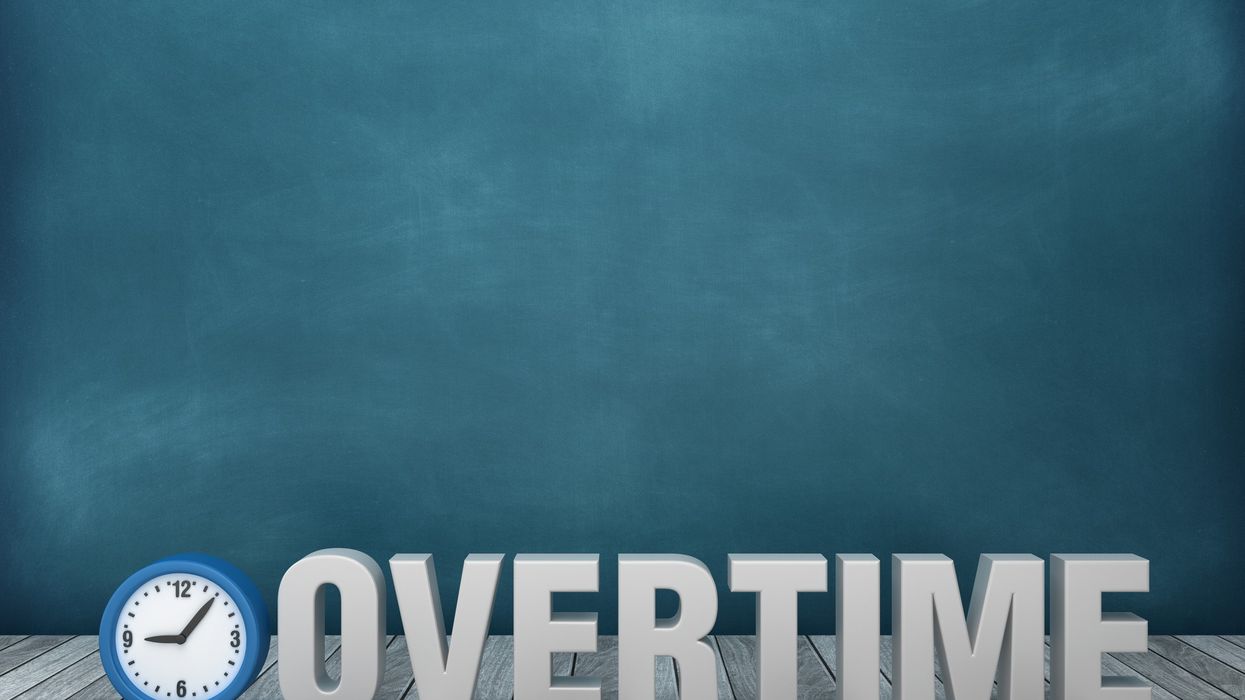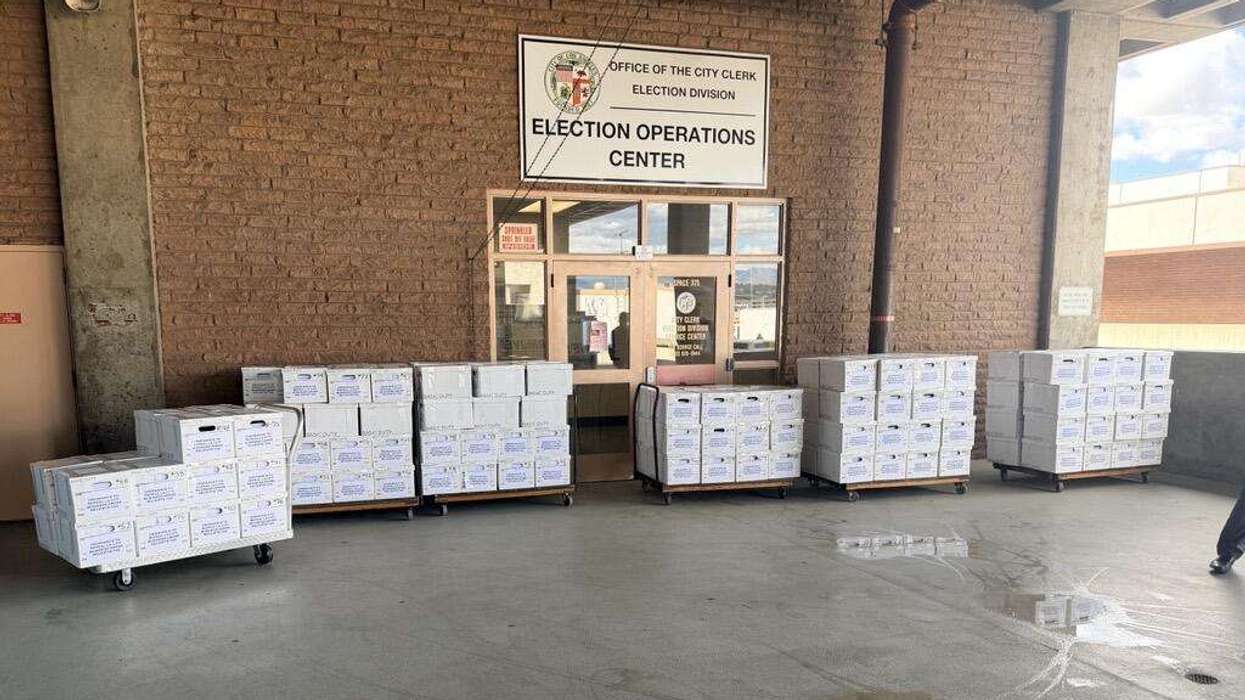THE U.S. DISTRICT Court for the Eastern District of Texas on Nov. 15 struck down the Department of Labor’s rule raising salary thresholds for overtime exemption under the Fair Labor Standards Act. The ruling vacates increases from $35,568 to $43,888 on July 1, with a planned rise to $58,656 by Jan. 1, 2025.
Hotel associations, including AAHOA and the American Hotel & Lodging Association, welcomed the decision.
U.S. District Judge Sean Jordan in Sherman, Texas, ruled that the 2024 rule "effectively eliminates" the evaluation of an employee's duties in favor of a "salary-only test" and that automatic threshold updates every three years violate federal rulemaking requirements.
Jordan, appointed by President Donald Trump, emphasized the rule’s overreach.
The Labor Department had argued that lower-paid salaried workers often perform the same tasks as hourly employees but work longer hours without additional pay. The rule also introduced automatic salary threshold increases every three years to align with wage growth.
In a related case, the Fifth Circuit Court of Appeals ruled that while the DOL may use salary to determine overtime exemption, its authority “is not unbounded.” The court stated the DOL cannot set thresholds too high, effectively replacing or swallowing exemptions. Citing this, the District Court vacated the 2024 rule.
As a result, the overtime salary threshold for most workers reverts to $35,568, set in 2019. For highly compensated workers, the threshold is $107,432.
Industry reactions
AAHOA supports the decision to overturn the rule, estimating it would cost each member up to $18,000 over six months, adding $360 million in expenses for its 20,000 members.
"This decision is a major victory for small business owners in the hospitality industry," said Miraj Patel, AAHOA chairman. "The proposed changes would have placed an undue financial burden on our members, threatening their businesses and ability to create jobs."
Laura Lee Blake, AAHOA president and CEO, welcomed the ruling as a step toward fairness for small business owners.
“Automatic updates and a salary-only approach ignored the unique challenges faced by hoteliers and small business owners,” Blake said. “AAHOA will continue ensuring our members’ voices are heard in future policy discussions.”
Last November, Former AAHOA Chairwoman Jagruti Panwala testified before the House Subcommittee on Workforce Protections on the DOL’s proposal to raise the overtime salary exemption threshold for executive, administrative, and professional employees.
AHLA supported the initial July increase, calling it a reasonable adjustment for inflation, but opposed the January increase and automatic updates, arguing they would force small hoteliers to cut management roles, hindering career growth. The association was among the businesses that challenged the rule in court.
“AHLA applauds the court for recognizing the potentially devastating impact on hoteliers, employees, and guests,” said Rosanna Maietta, AHLA president and CEO. “We opposed this one-size-fits-all approach, which would have imposed immediate costs while small businesses are already struggling. AHLA will continue advocating for policies that support small businesses, job creation, and upward mobility.”
The DOL may appeal to the Fifth Circuit, but the rule's revival appears unlikely, according to law firm Vorys. The Fifth Circuit’s precedent, the District Court’s rationale, and the upcoming change in presidential administration reduce the chances of a successful appeal.
Federal law exempts workers with "executive, administrative, and professional" duties from overtime pay. For decades, the DOL has used salary as one factor in determining eligibility.






